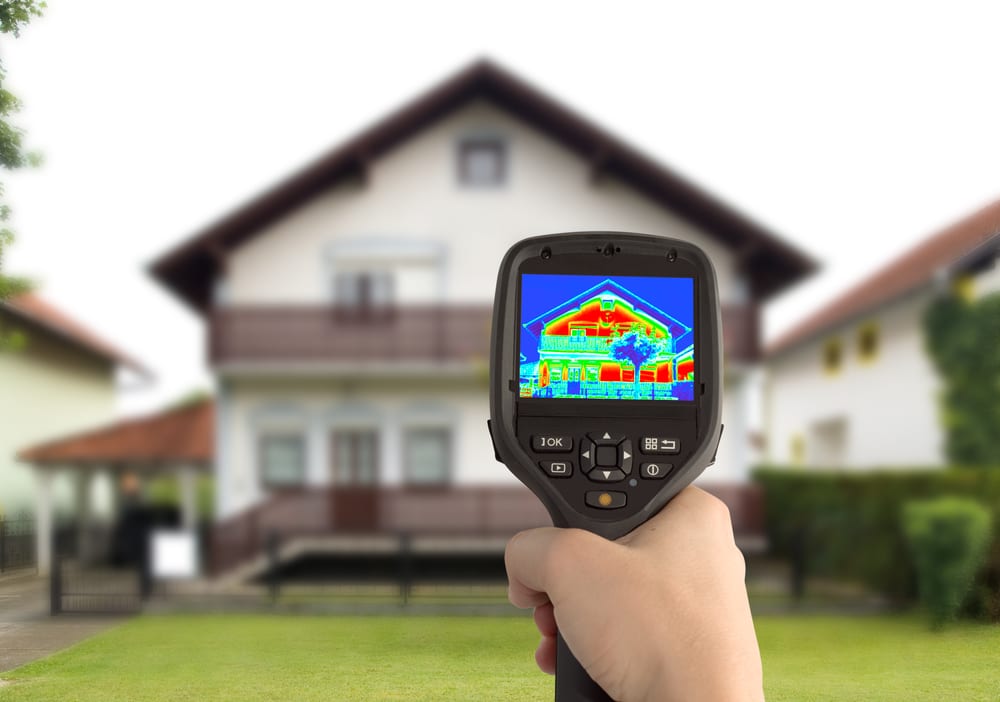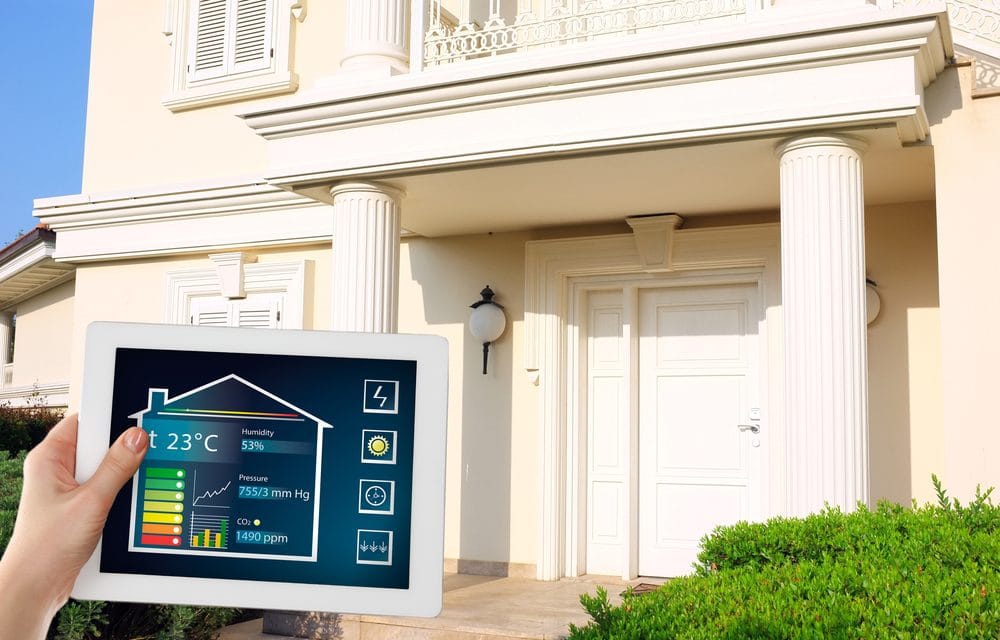Energy Efficiency – Designing, Inspecting, and Testing For it, Part 1

Listen and Learn!
This comes courtesy of our friends at Build Your House Yourself University hosted by Michelle Nelson, informal residential construction student. She shares information on home building practices as well as interviews with experienced contractors and industry experts to bring you tips, tricks, and trends in home building.
Wondering what HERS stands for, well, HERS is our pro term today, so let’s talk about it…
HERS stands for Home Energy Rating System. It is the nationally recognized system for inspecting and calculating a home’s energy performance.
A lower HERS Index score means a more energy efficient home.
And the lower the HERS score, the lower your utility bills and the more comfortable the house will be. Like the miles per gallon tells how efficiently a CAR uses fuel, the HERS Index Score tells how efficiently a HOUSE uses fuel.
The HERS Index ranges from 0 to 150 points. A standard new home will score 100.
A home with a HERS Index Score of 70 is 30% MORE energy efficient than a standard new home. And a home with a HERS Index Score of 130 is 30% LESS energy efficient than a standard new home.
An Index score of zero indicates that the home uses no net purchased energy. These are the so-called net-zero homes and the amount of energy that the home uses is offset by the amount of energy produced on site by solar panels, for example.
A Home Energy Rating Company will outline the energy features of the home and the expected cost of utility bills. That company can also tell us where modifications can be made for greater energy savings. Outside of the mortgage, heating and cooling the air and heating water constitutes the largest costs of home ownership. So knowing your home’s HERS score is pretty important.
Ron Hughes of HERS Inc. teaches us about getting our homes designed, inspected and tested for greater energy efficiency. Since 1995 HERS, Inc. has provided consulting, training, inspections, and testing for energy efficiency for residences.
Ron tells us that one-third all houses build in the US last year were energy rated. The energy rating tells us about all the efficiency characteristics of the house, how leaky the house and ducts are, and what the annual operating cost of the house should be. This gives homebuyers a way to comparison shop.
There are some net zero homes being built that use no energy because they generate energy on-site. However, in Ron’s opinion, the gold standard for energy efficient homes for most people is the Energy Star home.
Even if you decide you want your house built to standards less stringent than the Energy Star criteria, home energy rating companies can help you build a house that is more energy efficient that the standard, “code minimum” home.
After you decide that you want to utilize a home energy rating company, you take your house plans to the company and they “model” the plans in the energy rating software. That software will indicate whether you meet your efficiency target or not. If the plans don’t meet the target, modifications will be suggested.
After the house plans are modified, construction starts. At a minimum, there is one inspection performed by the home energy rating company. That inspection is done after the insulation is installed, but before the drywall is applied.
Finally, as construction moves towards completion, the house and ducts are tested for leakage. Adjustments are made to the house, if necessary and a rating is given.
Special thanks to Ron Hughes of Hers Inc. We’ll have the conclusion of that interview next week.
QUIZ
1. Is a home with a HERS Index score of 60 more or less energy efficient than a home with a HERS score of 120?
A home with a HERS index score of 60 is MORE energy efficient that a home with a 120 HERS index score. The lower the HERS score the better.
2. What percentage of new homes built in the US last year were energy rated?
A. one-half
B. one third
C. 100 %
D. one-fourth
The answer is B.
The purpose of this podcast is simply to educate and inform. It is not a substitute for professional advice. The information that you hear is based the only on the opinions, research, and experiences of my guests and myself. That information might be incomplete and it is subject to change, so it may not apply to your project. Always consult a professional about specific recommendations for your home.
Thank you for joining me. I hope you learned as much as I did. Come back next week for another episode of BYHYU.





![10 Steps Toward a Zero Energy Home [Infographic]](https://elemental.green/wp-content/uploads/2016/04/cbfb-440x264.jpg)


